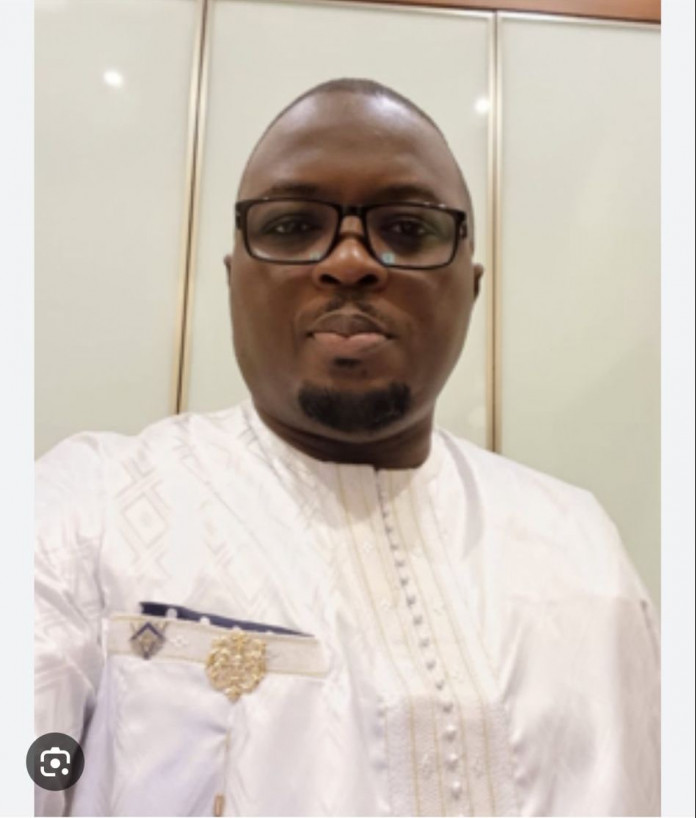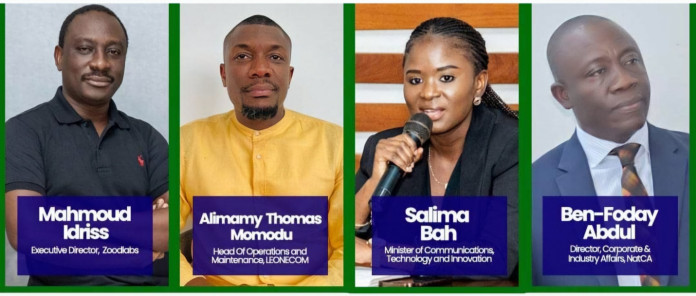By Dr Dipesh Shah
The Governmnent of India implemented a major financial sector reform by establishing the country’s maiden International Financial Services Centre (IFSC) in GIFT City, Gujarat. The IFSC has been developed as a unique international financial jurisdiction within onshore India, which has been designated as a non-resident zone under the Foreign Exchange Management (FEM) Act. This special status enables financial transactions to be carried out in any of the notified fifteen foreign currencies, including USD, GBP, Euro and Yen.
The IFSC has been set up with two primary objectives namely:
- a) Onshoring India-centric international financial services business, and,
- b) Serve as a preferred gateway for channelising global capital flows into and out of the country.
Over the last few years, GIFT IFSC has made remarkable progress in positioning itself as a ‘New Age Global Financial Centre,’ providing an ideal platform for the global financial services industry to integrate more efficiently with the Indian economy. A key landmark in IFSC’s journey so far has been the establishment of the International Financial Services Centres Authority (IFSCA) as a unified statutory body for the development and regulation of IFSCs in India.
Since October 2020, IFSCA has assumed its statutory powers and has notified over 29 regulations and more than 14 frameworks encompassing the entire spectrum of financial services, including – banking, capital markets, insurance, the fund industry, fintech, aircraft leasing, ship leasing, and global corporate treasury centers. The Government endeavours to develop GIFT IFSC as an internationally recognised financial centre with trusted business regulations, competitive tax regime and ease of doing business.
Today, the GIFT IFSC initiative is a testament to India’s firm resolve to undertake bold and transformative reforms in the financial sector. This ambitious project is envisaged to catalyse global capital flows into the country and accelerate the integration of the Indian economy with the global financial ecosystem. As of July 2024, more than 600 + entities across banks, capital markets, insurance, fintech, aircraft leasing, ship leasing, bullion exchange, etc. have been registered with the IFSCA. The financial service market is gaining momentum with healthy and growing participation of global and domestic financial services institutions. The business growth in some of the key sectors is highlighted below:
Banking Sector: The Banking ecosystem in GIFT IFSC is rapidly evolving with a healthy mix of foreign and domestic banks, primarily catering to the foreign currency borrowing requirements of Indian corporates and public sector enterprises through external commercial borrowing, trade finance, etc. Transactions under these heads, previously booked from overseas financial centres are now being booked out of GIFT IFSC. As of March 2024, the total asset size of IFSC Banking Units (IBUs) crossed USD 60 billion, and the cumulative value of transactions undertaken by IBUs crossed USD 795 billion.
Fund Industry: The growth of a robust fund industry in GIFT IFSC is has a transformative impact in catalysing global capital inflows into India, including for the start-up ecosystem. Previously, pooling of international capital for investments in India was structured through funds (private equity, venture capital, hedge funds, etc.) set up in offshore jurisdictions. Now, with enabling regulations, a competitive tax regime, and beneficial cost of operations, GIFT IFSC is emerging as a preferred jurisdiction for the pooling of global capital by foreign and Indian fund managers. In the last three years, there has been rapid growth in Fund Management Entities (FMEs) and Alternative Investment Funds (AIFs) registered with IFSCA. The cumulative FMEs and funds registered rose from 39 and 33 in September 2022 to 114 and 120, respectively, in March 2024.
Aircraft Leasing: The aviation industry in India is on the cusp of unprecedented growth, with a strong order book of more than 1500 + aircraft placed by Indian airlines and a projected demand for over 2,200 aircraft by 2042. Currently, most aircraft operated by Indian airlines are leased from offshore lessors that have access to competitive capital costs. The aircraft leasing and financing business, the most profitable segment in the aviation value chain, was entirely residing in foreign jurisdictions. Recognising the immense potential of aircraft leasing and financing business, IFSCA introduced the enabling leasing framework, and the Government supported the endeavour by providing several tax incentives. In three years, green shoots have been visible in IFSC with more than 28 aircraft lessors already registered. These have leased more than 120 + aviation assets, including commercial aircraft, helicopters, aircraft engines and ground support equipment.
Foreign universities initiative: The IFSC, being an offshore jurisdiction is uniquely positioned to become an ‘International Higher Education Hub’ by attracting top-quality international universities which are keen on exploring India for its talent and demographic profile. IFSCA achieved a significant milestone in FY24 when Australia’s Deakin University became the first foreign university to be granted final registration for their International branch campus in GIFT IFSC under IFSCA (setting up and operation of international branch campus and offshore education centres) Regulation, 2022. University of Wollongong of Australia became the second foreign university to receive in-principal approval for their international branch campus in GIFT IFSC.
Global In-House Centres: Globally, information technology and digital practices have facilitated the cross-border flow of services such as – accounting, auditing, taxation, book-keeping and has fuelled the growth of Global In-House Centres (GIC). GIFT IFSC, is uniquely positioned to offer such services to global clients. A leading US institution, i.e. Bank of America has already set up a large GIC unit in GIFT IFSC, which is providing in-house support services to the bank’s global operations. Several other international firms are now looking at the GIC opportunity in GIFT IFSC.
In the future, GIFT IFSC is slated to play a significant role in achieving the vision of a developed India@2047.
_________________________________________________________
Dr. Dipesh Shah is Executive Director (Development) at International Financial Services Centres Authority (IFSCA), GIFT City















